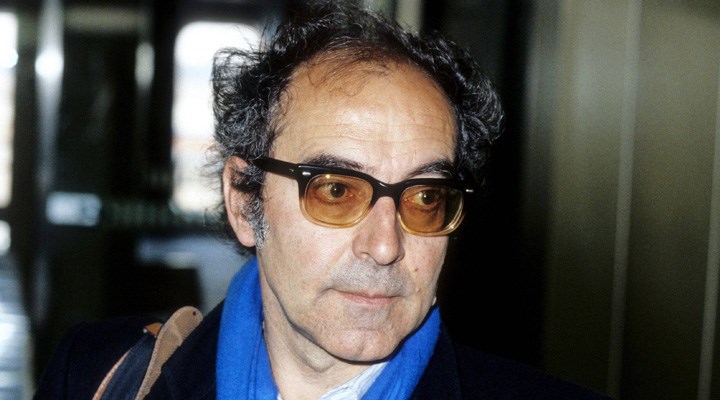The Famous director who preferred to die at the age of 91: Jean-Luc Godard
In this method of death, which is different from euthanasia, a drug that will cause the death of the patient is provided to the person on a prescription after a medical report. The person can commit suicide by applying this drug to himself without the help of the officials.

He was born in Paris in 1930 to a French middle-class family of Swiss origin. His father was a doctor with a clinic of his own, and his mother was the daughter of one of Switzerland's well-known banker families. II. Living in Switzerland during World War II, when his parents divorced in the late 1940s, Godard entered the Sorbonne University in 1949 to study ethnology. During the New Wave period, Godard conducted experimental studies, taking into account the leading philosophical views of those days, especially the cinema theses built on existentialism.
Godard was influenced by the rising Maoism at that time and refused to make films for the bourgeois cinema system. Godard founded the Dziga Vertov Group with Jean-Pierre Gorin, one of the Maoist student leaders of the time, and shot a series of films with Gorin that outlined his political views at that time. This period is called the 'Dziga Vertov Stage' and covers the time between 1969's Le Gai Savoir and 1972's Tout Va Bien.
Godard, one of the directors who wanted the Cannes Film Festival held in 1968 to be canceled due to the '68 events in France, said the following in their occupation action in the festival area:
"There is not a single film here that deals with the problems of students or workers today. There is no such film by Forman, me, Polanski or Truffaut. We are left behind. Our student friends were beheaded a week ago, they set an example for us in this way. The question here is not whether to continue watching movies or not. We should show as many films as possible, we all agree on that. That's our goal anyway. But that's not the point here, it's a question of how, albeit with a week-and-a-half delay, cinema's current student and labor movements in France to express solidarity."
Habits broke
One of the most striking features of the movie Vagrant Lovers is that it frequently uses the 'jump cut' technique in its editing.
Film directors before and after the Godard era generally preferred softer editing techniques to depict the flow and progress of time.
In Vagrant Lovers, on the other hand, the opposite is tried, and the image is cut many times in a single scene, creating the impression of time jumping forward.
In the next period, Godard separated himself from the modern world and settled in a small city called Grenoble and focused on his video work, believing that "a unique political film will be one that he will show only to his family".
In 1979, Godard returned to the world of commercial cinema. It is not easy to find a compatibility and common denominator between the characteristic features of the films he shot in this period.
The master director, who has awards from film festivals such as Cannes, Berlin and Venice, shot his latest film "Images and Words" in 2018.
Private life
He was married to Anna Karina between 1961-1967. He made his second marriage to Anne Wiazemsky in 1967. The couple divorced in 1979.
WHAT IS THE NEW WAVE IN CINEMA?
"Nouvelle Vague" (New Wave) is a movement formed by a group of young directors that use a different cinema style from the traditional French cinema trend, unite on a certain idea and make films accordingly. The directors that can be counted in the New Wave are Jean-Luc Godard, François Truffaut, Jacques Rivette, Eric Rohmer and Claude Chabrol. The message they gave in the films they shot simultaneously in 1959 was the same: "Anyone can be a film director."
